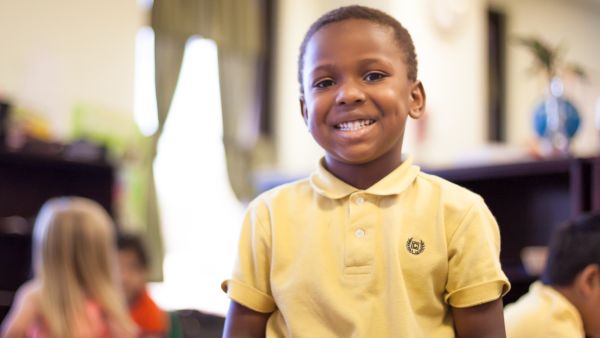
When summer arrives it’s easy to let unpracticed skills slip, but summer studying doesn’t have to be an uphill battle. Keeping those skills fresh will not only prevent summer brain drain–leading to more work when the school year restarts, it’s also a great way to further engage in more summer fun.
Summer, fun, and learning are three words that you may not have considered belong together, but here are some activities to keep the brain active while still enjoying the summer break.
Summer Reading
Summer reading is an obvious choice when looking to keep your child’s brain actively engaged. Research has shown that reading over the summer can prevent reading skills from regressing. Reading is easy and affordable–just visit your local library and take advantage of the summer events, reading recommendation lists, and let your child’s interest serve as a guide. Reading books of interest can drive motivation, strengthen reading and writing skills, and introduce new vocabulary.
Summer Listening
Keep those listening skills finely tuned by selecting some audio books, podcasts, and cultural news to enjoy over the summer. This not only presents solid learning opportunities, it also exposes your child to information that interests them and broadens their understanding of the world.
Field Trips
Having experiences in the outside world serves as one of the greatest teaching moments we can offer. Trips to the zoo, local museum, and even going out on a hike–all offer a unique way to engage in learning. Field trips can connect learners with professionals who have knowledge in that field of study. Going on a trip is a holistic and integrated approach to teaching concepts that would otherwise be abstract in the classroom.
Virtual Field Trips
Learning and experiencing the outside world doesn’t even require much effort thanks to technology. Virtual field trips can be every bit as rewarding as the real deal. They broaden the scope of the world, giving us access to places we may never experience in reality. Check out this list of unique virtual field trips to get started on a virtual adventure.
Cooking
Cooking with children is a rewarding learning opportunity. It’s a feast for the senses and teaches patience, following instructions, and hands on learning experiences. Cooking can easily tie concepts relating to math and science–boosting confidence in skills relating to counting, measuring, and discipline. Plus all that learning pays off in edible delights.
Gardening
Gardening teaches patience, caretaking, and offers a sense of accomplishment that is found in hard work and dedication. The work of gardening is highly sensory. Children can explore through touch, taste, and smell. Studies have shown that gardening can even have an influence on our overall mood and happiness too.
Gaming
Games and summer are a perfect match, but many haven’t considered that they can also play a role in learning too. Playing games is a great way to promote skills relating to learning. Games often require us to implement critical thinking skills and practice active decision making. In younger children, gaming can boost hand eye coordination and fine motor skills too.
Experimenting
Science is a way to actively engage in deep critical thinking that is hands-on, at times messy, and always a learning experience. From kitchen science to launching rockets, there is something to interest everyone and there are a number of resources online or available at your local library for books loaded with amazing science experiments to try.
Journaling
Recording events is a powerful way we connect and strengthen our understanding of the experiences we have. Journaling can be more than just writing thoughts down in a notebook. It can include starting an Instagram to post photos and quickly share thoughts, or writing letters and emails to family members, or even constructing scrapbooks of summer memories.
Summer brain drain can be easily avoided without dampening the fun. Learning can happen beyond the boundaries of the classroom. Summer is a time to put into practice all those skills learned in the school year–allowing your child to explore and engage with the real world in a meaningful way.





















